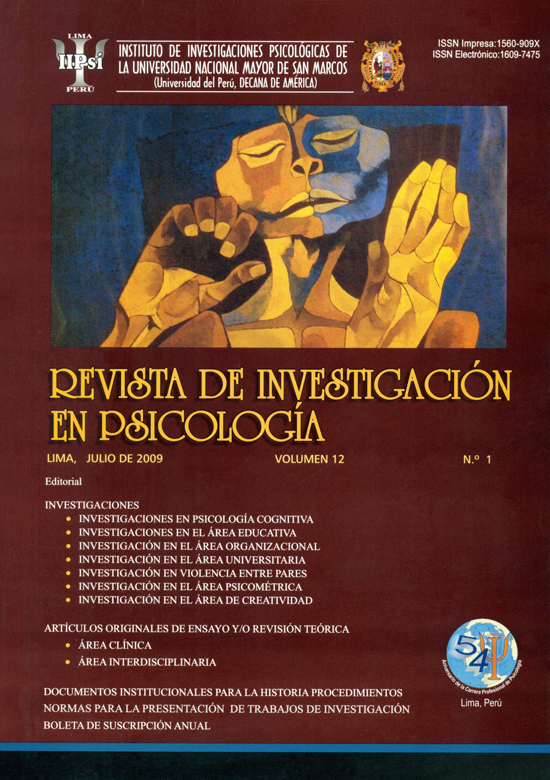The overconfidence bias in identification and recognition tasks of gustative stimuli
DOI:
https://doi.org/10.15381/rinvp.v12i1.3779Keywords:
calibration, overconfidence bias, taste, identification, recognitionAbstract
The psychology of thinking has defined calibration as the relation of convergence or divergence between the objective success or actual performance and the subjective success or personal estimation of achievement. The most observed calibration phenomena known as overconfidence bias is defined as the predominance of the subjetive success over the objective success. This calibration bias has been studied in several tasks. The aim of the present study is to extend the state of the art on overconfidence bias in the direction of taste perception. An experiment was conducted to generate this distortion in tasks of identification and recognition of gustative stimuli. Results are consistent with previous studies and generalize the overconfidence bias to the gustative modality.Downloads
Published
Issue
Section
License
Copyright (c) 2009 Eugenia Razumiejczyk, Guillermo Macbeth

This work is licensed under a Creative Commons Attribution-NonCommercial-ShareAlike 4.0 International License.
THE AUTHORS RETAIN THEIR RIGHTS:
a. The authors retain their trademark and patent rights, and also on any process or procedure described in the article.
b. The authors retain the right to share, copy, distribute, execute and publicly communicate the article published in the Journal of Research in Psychology (for example, place it in an institutional repository or publish it in a book), with acknowledgment of its initial publication in the Journal of Research in Psychology.
c. Authors retain the right to make a subsequent publication of their work, to use the article or any part of it (for example: a compilation of their work, lecture notes, thesis, or for a book), provided that they indicate the source. of publication (authors of the work, magazine, volume, number and date).






